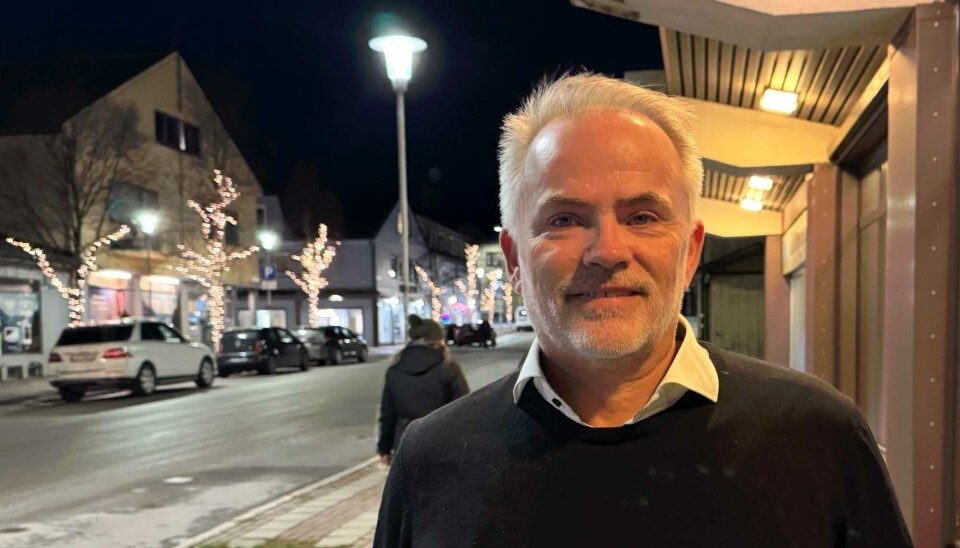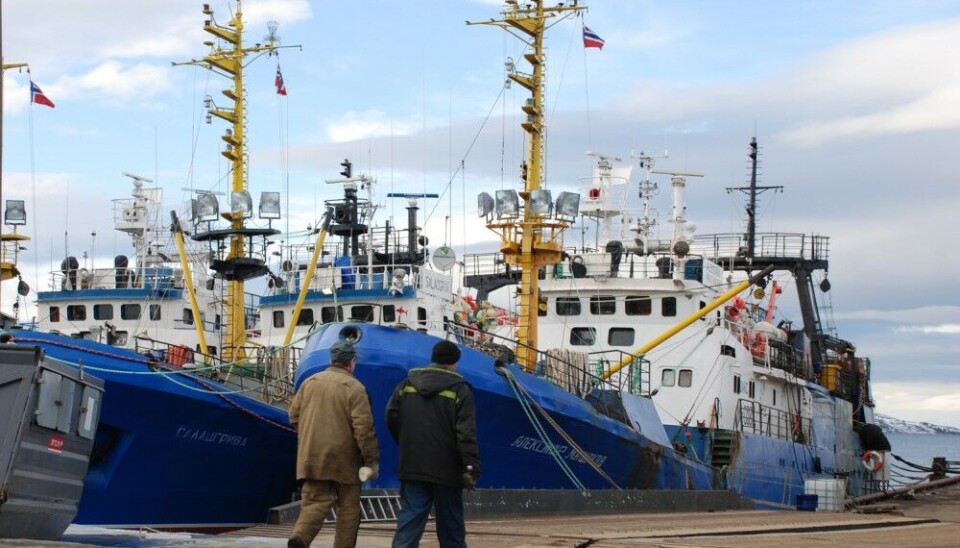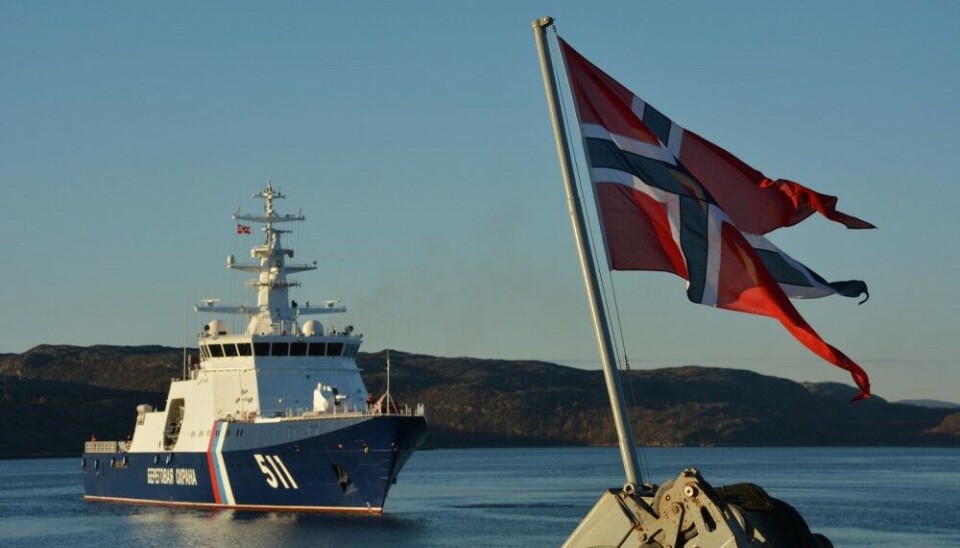
United in cod. Oslo and Moscow safeguard fishery cooperation
Fifty years of fishery cooperation in the Barents Sea could collapse if Norway closes all its seaports for Russian fishermen, Moscow warns. But Russia has no interest in ending cooperation with the Norwegians, and the two countries' Joint Fishery Commission is prospering despite the war in Ukraine, Geir Hønneland explains.
"I can not exclude that Russia will pull out of the fishery cooperation with Norway. But I can not see that the country has any interest whatsoever to do so, at least not economically," says Geir Hønneland.
The Norwegian researcher has for several decades closely followed the bilateral fishery cooperation in the Barents Sea and is considered one of the top experts in the field.
According to Hønneland, the latest meeting in the two countries' joint Fishery Commission shows that cooperation is continuing as before.
"My impression is that we are talking 'business as usual," he told the Barents Observer, following a recent lecture at the Barents Institute in Kirkenes.
Despite the new cold war and Russia's full-scale attack on Ukraine, Norway and Russia continue to cooperate about quotas, marine research and catch control in the Barents Sea. For more than 50 years, the two countries have developed a comprehensive management regime for the fish stocks in the area.
"This is best practice globally, it is the golden standard in international fishery management," the researcher underlines.
During this year's meeting in the Fishery Commission, the two countries agreed to reduce regional cod quotas to 340,000 tons, which is a reduction of 25 percent from 2024. It is the lowest quota for cod since 1991.

Since cooperation started in the 1970s, the two countries have successfully regulated the far northern fish stocks. Every year, researchers from the two countries present quota recommendations based on comprehensive collection of data. A key principle is a 50/50 sharing of the quotas on cod and haddock.
Over the years a web of joint committees and working groups have been established. They all contribute to the work of the Joint Fishery Commission.
Russia's annexation of the Crimea in 2014 and the full-scale attack on Ukraine in 2022 did not lead to a downscale of fishery cooperation. On the contrary. When Russia was suspended from the International Council for the Exploration of the Sea (ICES) in 2022, Norway and Russia soon decided to establish a new bilateral working group that could replace the role of ICES.
"It is eye-catching how much cooperation that is going on, not only scientific cooperation, but also control and inspection," Hønneland says.
That includes also contact between the Norwegian Coast Guard and the Russian FSB.
In the protocol from the Commission meeting in October this year, the representatives of the countries confirm that there twice were exchanges of fishery inspectors between the Norwegian Coast Guard and the FSB Coast Guard.

According to Geir Hønneland, Norway and Russia has an extraordinarily strong partnership in the Barents Sea that is aimed at protecting the regional fish stocks against competitors from the EU, UK and Iceland.
"They have an alliance in the Barents Sea against attacks from our western allies. It is a kind of bulwark against attacks from the south and west; from the EU, UK and Iceland," he explains.
"It is not up to me to say what is morally and politically right, but this is simply the way it is. And I would say that it is interesting considering the ruling security situation," he adds.
It is not up to me to say what is morally and politically right, but this is simply the way it is."
According to the researcher, the Russian fishery industry has great interest in continuing cooperation with the Norwegians. The main reason is that a major part of the stocks are located on the Norwegian side of the maritime border.
A Russian pull-out of the Fishery Commission would ultimately force the Russian trawler fleet back into Russian waters, where fish stocks are far less rich.
Despite the continued fishery cooperation, Geir Hønneland sees potential risks. The meetings in the Joint Commission are now all digital and the previously well-established personal relations between the commission members are gradually vanishing.
"Over the 50 years of cooperation, personal relations have been very important. All of that is now gone, which ultimately will have a negative effect on cooperation," he says.
The Russian side has over the past two years threatened to abandon the Commission if the Norwegians decide to fully block Russian fishing vessels from Norwegian seaports.
Following Moscow's full-scale onslaught on Ukraine, all Russian ships have been banned from visiting Norwegian ports. At the moment, Russian fishing vessels are allowed to make port calls only in Tromsø, Båtsfjord and Kirkenes.
Hønneland doubts that the Russians will get real on the threats.
"Port calls are not a part of the fishery cooperation with Russia, it is quite another thing," he underlines.
He still understands the concerns of the Russian trawler fleet that until now has been dependent of ship service and repair in Norwegian yards.
Hønneland argues that Russia will continue cooperation with Norway, at least as long as the Russian management of the cooperation is based in the country's Federal Fishery Agency.
But ultimately, politics could trump economic interests.
"In case the Russian management is taken out of the Fishery Agency and moved to a higher political level, for example to some place in the presidential administration, considerations beyond economic interest could prevail."













